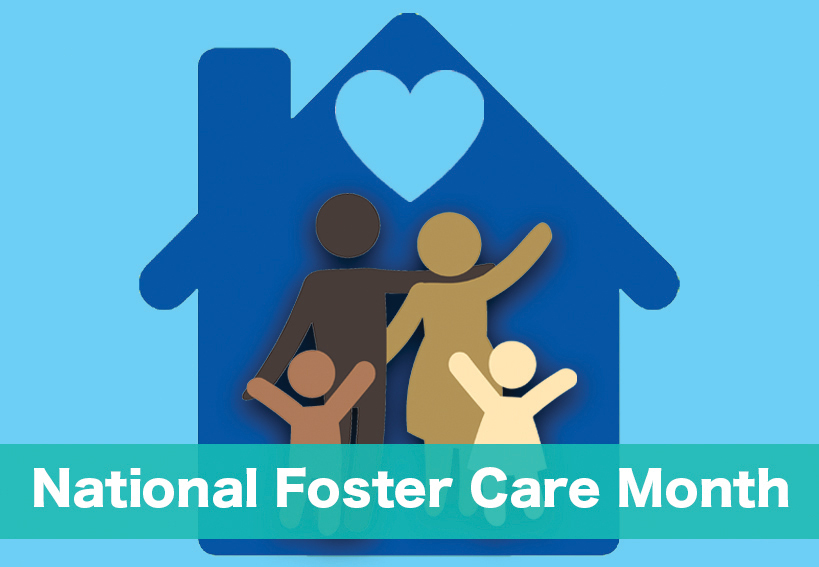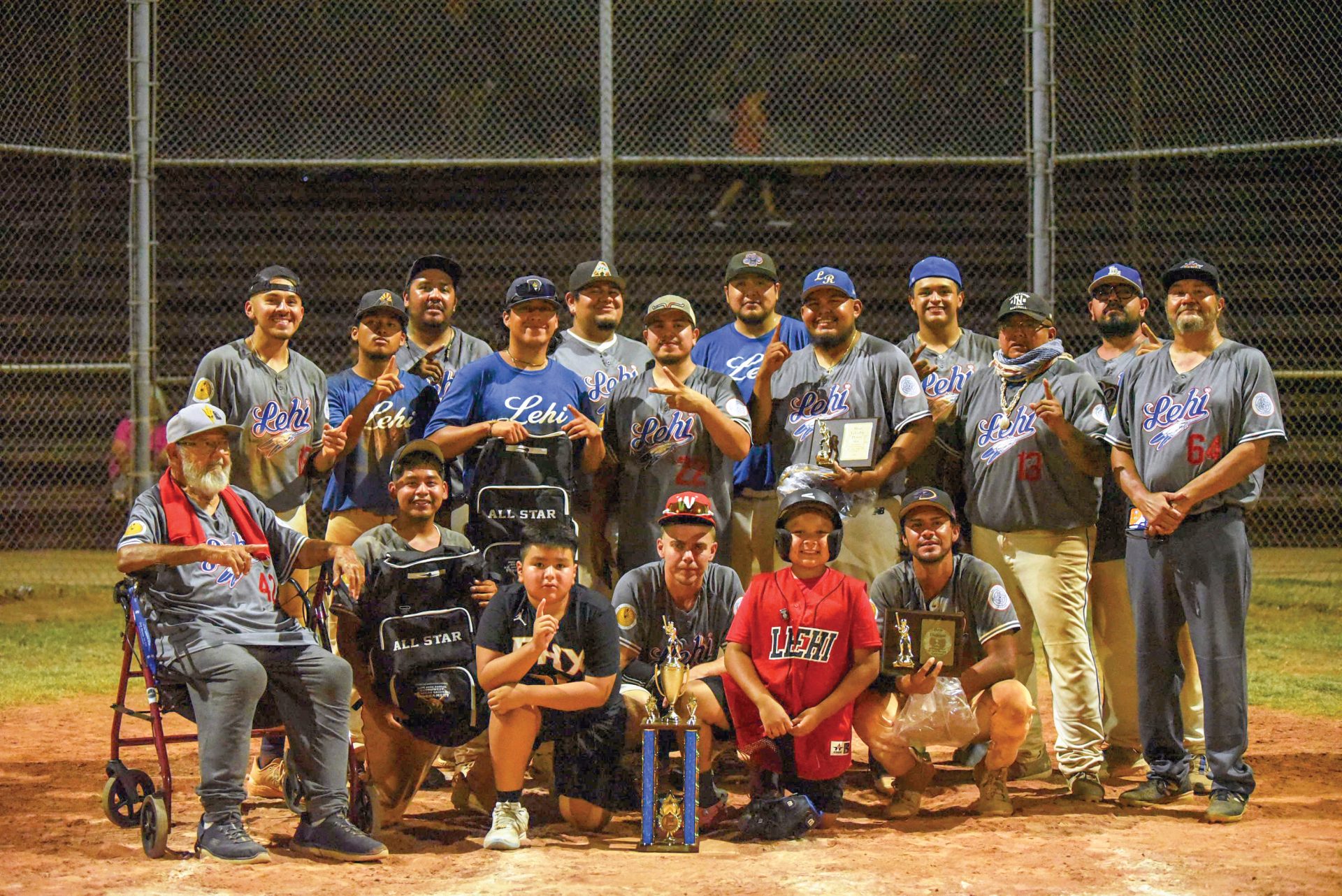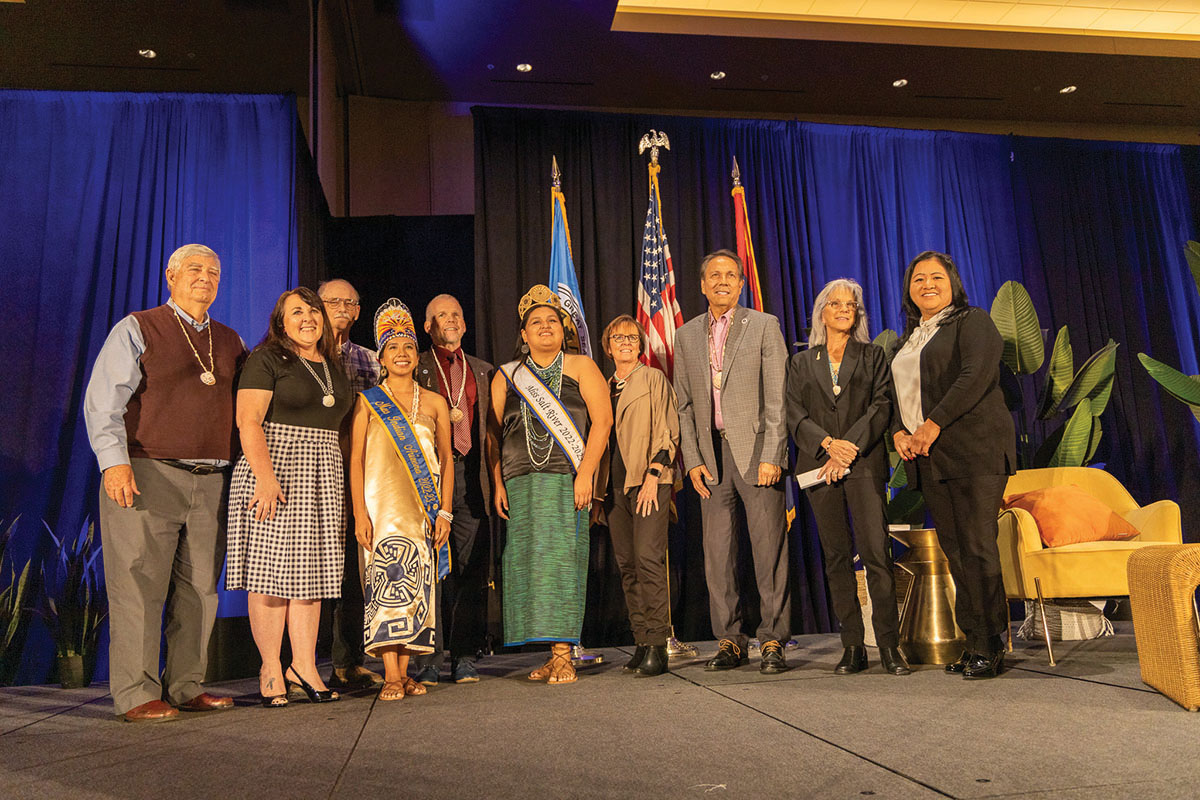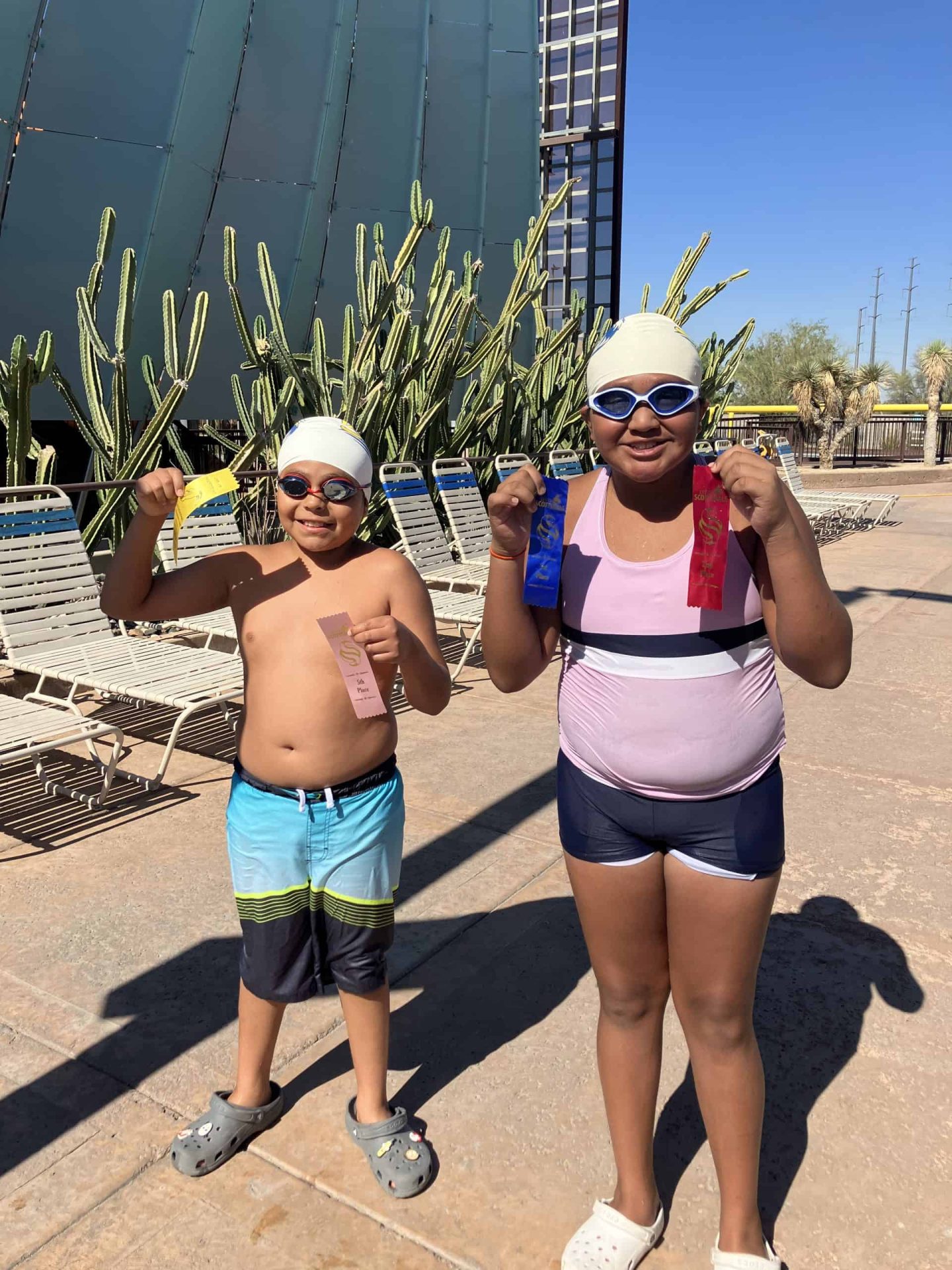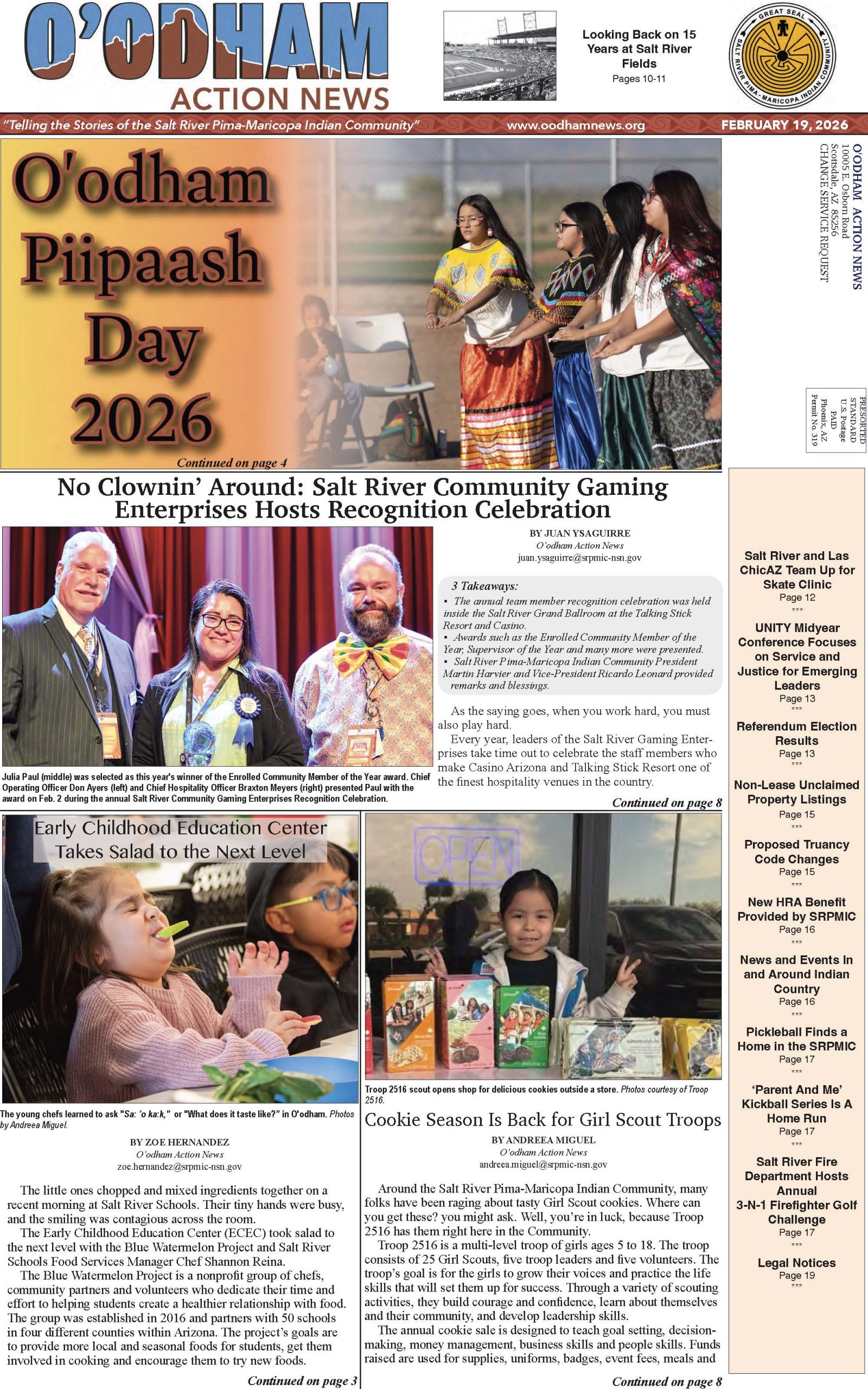VIEWS: 4789
May 4, 2021SRPMIC Foster Care Program Shares How You Can Become a Foster Parent
National Foster Care Month every May is a time to acknowledge foster parents, family members, child welfare professionals and others who help youth in foster care. This month is also a good time to learn about the SRPMIC Foster Care Program and how you can become a foster parent to one or more children of the Salt River Pima-Maricopa Indian Community.
Norma Hernandez, MSW, manager of Foster, Kinship, Adoption and Guardianship Licensing for the Community, said that the first step is to contact her at (480) 242-0963. She will give you an orientation on the Foster Care Program by phone. After that, there are two options for an interested foster parent to choose from.
“Option one, Salt River is the only tribal nation in the country participating with the National Training Development Center as a pilot program. Participants attend our 30-hour Pre-Service Training classes for 10 weeks via Zoom, from the comfort of their home,” said Hernandez. “Option two, participants have the option to take an online Pre-Service Training program through www.fosterparentcollege.com. We provide a selection of 30 credit hours of training to choose from. Once the participants decide which route they prefer, a licensing specialist is assigned to the family.”
From there the licensing specialist provides the participant a packet of documents and processes background clearances with Salt River Police Department, Salt River Child Protective Services, the Department of Child Safety and the Tribal Access Program. Then participants are required to provide three references from non-relatives, a physician statement and personal documents.
The licensing specialist will conduct a safety tour through the home, write a home study and meet with the family for interviews. The entire process takes approximately three to five months.
The Foster Care Program has continued to accept new participants throughout the COVID-19 pandemic; the program has held virtual classes and orientations for interested families.
“A foster parent will have the opportunity to make a difference in a child’s life. The foster parent will change the life of the child, and the child will change the life of the foster parent,” Hernandez said. “The foster parent can be the conduit for helping heal and change the trajectory of a child’s life. The foster parent will feel good about providing a safe environment, a home free from violence, alcohol, drugs or neglect. It’s rewarding to see the child smile, to experience love and to know that you as a foster parent were part of the process to help the family through the reunification process.”
The ultimate goal in foster care is reuniting the foster child with his or her birth family. Foster parents are not a substitute parent, they are a support to the parent, explained Hernandez. “We need enrolled Community members to assist with fostering, so our children remain in the Community and maintain ties with family, friends, culture and academics,” said Hernandez.
If you are unable to commit to fostering, perhaps you would consider becoming a respite provider. Respite providers assist the foster parent or the foster child when a break is needed. Or, you may want to consider becoming an emergency receiving home. You would need to be available 24/7 to take children into your home on a short-term basis, when the child cannot stay in their birth home but Hernandez and her team are unable to immediately locate a foster home.
For more information on becoming a Foster Care Program participant, call Hernandez at (480) 242-0963.

